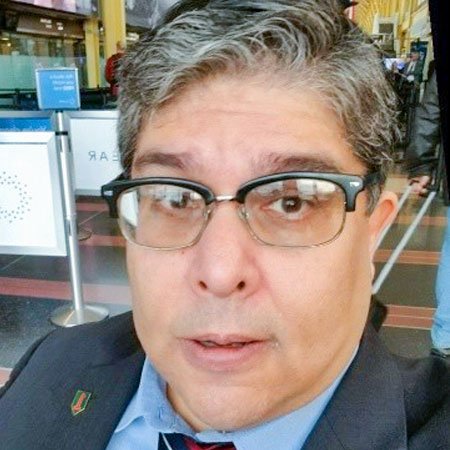America will be 245 years old on Sunday. Close to the milestone 250. The men who started the country were our greatest generation. True, the WWII boys were our bravest generation. But the collection of honorable political geniuses present at the Declaration of Independence and later at the Constitutional Convention has never been equaled in the history of mankind.
They were men of The Enlightenment. British in upbringing and attitude. Aside perhaps from the Massachusetts rabble rousers most, as Jefferson said, merely wanted the rights of freeborn Englishmen. But a churlish defiance by the colonists of needed taxes for Western frontier defense against the French and Indians combined with gross missteps by the Crown laid the foundation for the American War of Independence. After we won, men had to form a nation.
For Washington, Jefferson, Hamilton, and their colleagues the conception of America seemed to be a mix of Rome and Britain, with unheard of restrictions on government and guarantees of personal liberty. It was bandied about at first but set in concrete with the Constitution? Or was it? What would those men think of our society and system today?
Washington would be appaled at pretty much everything. He was a very upright and honorable man. The moral and cultural state of America today would sicken him. But two things he warned against would alarm him the most, faction and foreign alliances. He looked at the party rivalries between the British Tories and Whigs and shuddered. He saw how policy degenerated into party power plays.
But it was inevitable, just as in Britain, that people of like mind organized into parties. Less than a year after Washington’s death Adams and Jefferson had done exactly that and proceeded to fight the dirtiest election in US history in 1800. As for foreign entanglements, as we grew as a nation, that too was inevitable. But still, Washington would not be amused.
Jefferson wanted a society of yeoman farmers. Our urban culture and financial institutions would make him gag. Though he may have understood our racial issues, as he said about slavery , “But as it is, we have the wolf by the ear, and we can neither hold him, nor safely let him go. Justice is in one scale, and self-preservation in the other.” And “I tremble for my country when I reflect that God is just, that his justice cannot sleep forever. Commerce between master and slave is despotism.”
Hamilton wanted an elitist cosmopolitan nation based on sound money and a limited franchise to keep democracy, what he saw as mob rule, in check. He also would be aghast. Close to universal adult voting rights, populism, limits on commerce and industry, high taxation, federal debt and deficits into the stratosphere would make his blood boil. Were all those inevitable? No. They were and are the makings of avaricious politicians. Thus as we turn 245 there is much to be thankful for, some things to regret, and much left to do to rekindle the vision of the Founders in modern form. That may be our greatest challenge as we head to 250 years old.

Join the Discussion
COMMENTS POLICY: We have no tolerance for messages of violence, racism, vulgarity, obscenity or other such discourteous behavior. Thank you for contributing to a respectful and useful online dialogue.